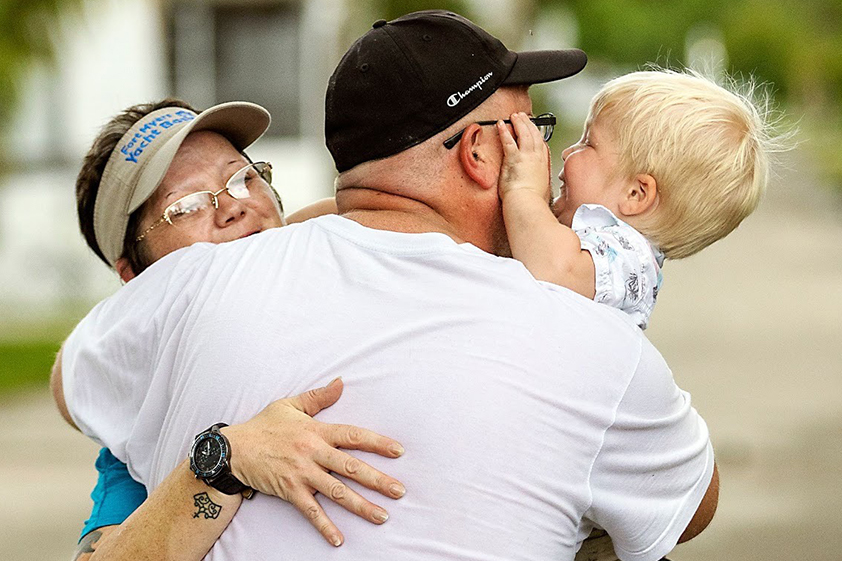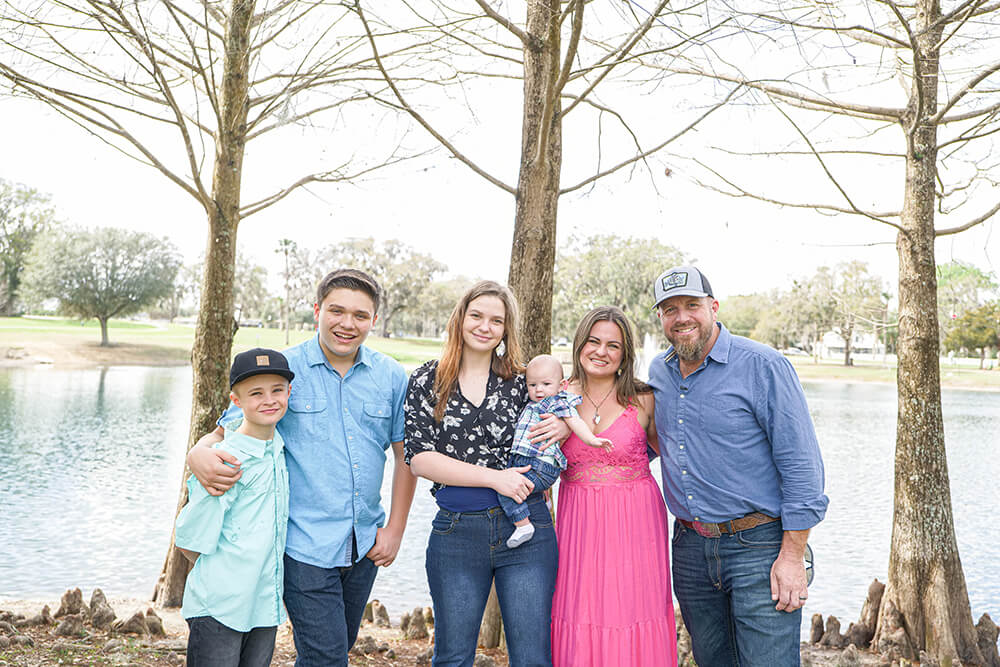The recent USA Today investigative report on the Florida foster care system paints the painful reality of thousands of children across our state. It details nearly unspeakable cases of trauma inflicted on children in foster homes. It tells stories of case workers who skipped home visits and submitted fraudulent reports.
It also identifies several well-intentioned—but overwhelmed—case workers who are constantly trying to do the best thing in a broken government system. As a former case manager for foster care, I was one of them.
While the articles address horrific cases of abuse, most children enter the system due to neglect, which is preventable. Their parents are good people that lack safe options. They are dealing with tough issues like poverty, addiction, illness, homelessness, and unemployment. They suffer alone without a support system, and struggle to get help and care for children at the same time.
They don’t need foster care— they need a support system of caring neighbors.
Our model at Better Together in the state of Florida works. This is how we do it. We empower families in crisis by connecting volunteer helpers to those in need of support.
Our model is voluntary, privately-funded and prevents the need for foster care. It has served more than 2,500 children since 2105, across Southwest Florida with positive outcomes for children, families, and the state of Florida.
Nearly all—98 percent—of the children we serve reunify with their parents. While the average length of separation for a child in Florida foster care lasts 501 days and costs $15,100/year in tax dollars, the average stay for a child in Better Families is only 41 days and costs $1,200/year in private donations.
When parents fall into crisis, our trained and fully-screened host families welcome children into their homes while mentoring parents toward stability. They provide friendship and guidance to parents as they work to find a job, housing, child care, treatment, and more.
It’s rarely “just one thing” that pushes people into crisis—there are usually several causes. For 80% of the parents we serve, this includes job loss. Our program gets to know the whole family to figure out exactly what those barriers to stability are, and how we can best help remove them.
Our host families are located near the parents, which allows children to keep attending their normal school, seeing friends, and contacting parents daily. Everything is voluntary, and the parents never lose legal custody of their children. After families are reunited, our volunteers keep in touch and remain available for last-minute child care, advice, and more.
With the peace of mind of knowing their children have safe places to sleep and food to eat, parents can focus on getting their lives back on track. As one father explained it, “My son needs his dad healthy, and I’m grateful to have this gift of time, to do what I need to do, to be the best dad to [him].”
We provide support, but these parents work hard. We have a saying in our program, “the parents must be doing at least 51% of the work.” This is how we get results, even with the toughest of families.
Foster care is a necessary last resort for children who are immediate physical danger. The Department of Children and Families (DCF) has an important role to play when the needs of children and families exceed the capabilities of the community. But for loving households that have temporarily spiraled out of control due to things like social isolation, addiction, illness, or joblessness—our program provides another way.
And with more than 240,972 investigations of abandonment, abuse, and neglect during FY 2018-2019, DCF can use the help.
Our Better Families program works in partnership with DCF to free up resources and allow child welfare workers to focus on what they do best, responding to substantiated allegations of child abuse and protecting children in danger of harm.
Nearly 60% of our referrals come from DCF and law enforcement. DCF Secretary Chad Poppell—among other state leaders—has provided incredible support as we expand our services across the state. We are in this together.
Elected officials have the responsibility to urge the community to provide and participate in preventive services like Better Families to keep children safe and keep families in tact to the maximum possible extent.
Members of the faith community can join a growing number of churches that have already created ministries to promote volunteering with Better Together to become a host family and mentor, or to support those who are by providing meals, diapers, and other material support.
This responsibility does not rest on DCF alone. Everyone can do something to prevent child abuse and support vulnerable families. Together, we can keep children safe and reduce the number of children in foster care by half.
Churches and nonprofits are leading the effort, but the supportive relationships at the local level are powered and funded by people like you. Join us.






